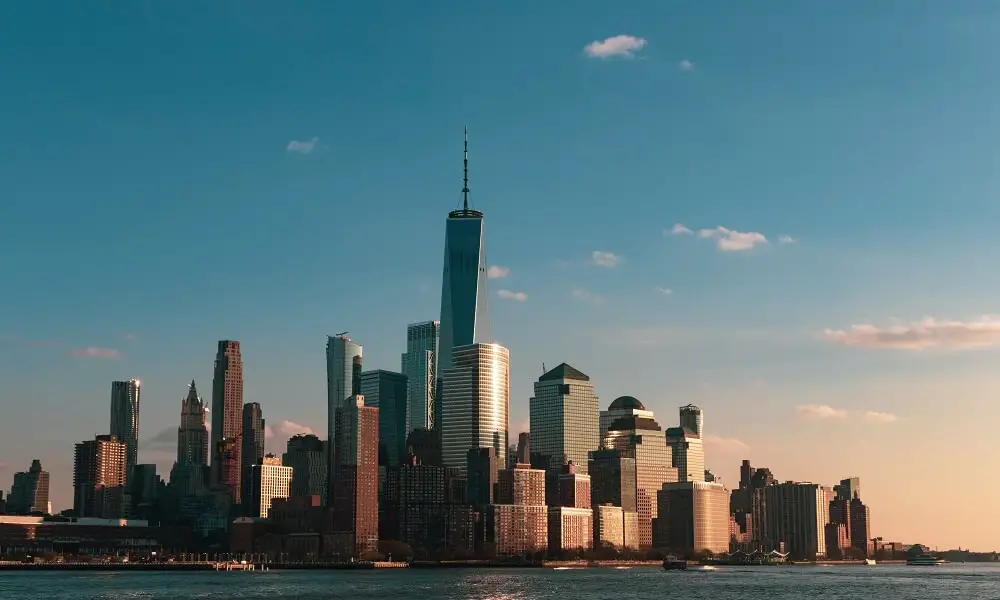In a world teeming with diverse metropolises, there are only a handful of cities that can be described as truly world-leading. These urban epicentres pave the way in terms of financial clout, cultural resonance and geopolitical influence.
But, should a time come where the powers at be need to elect an officially designated capital city of the world, only one of these urban powerhouses will be chosen. And while there are plenty of candidates for the position, it’s up for debate as to which city this would be.
So, to help make this choice, join us on an expedition through the bustling streets of some of the world’s greatest cities as we aim to find the true global capital.
But first, let’s ponder what characteristics a city would need to have if it is to be deemed as the world’s capital.
What would be the main features of the world’s capital city?
Should one city wish to claim the title of the world’s capital, it would likely need to have some of the following characteristics:
- Economic Powerhouse: A global capital city would serve as a hub for international finance, trade, and commerce. Major corporations, financial institutions, and trade organisations would have a significant presence, driving economic growth and innovation.
- Political Influence: The city would house key international organisations, diplomatic missions, and forums for global cooperation. It would be a focal point for international negotiations, treaties, and discussions on pressing global issues.
- Cultural Nexus: The city would boast a vibrant cultural scene, hosting world-renowned museums, galleries, theatres, and festivals. It would be a magnet for artists, writers, musicians, and creators, fostering a constant exchange of creative ideas.
- Sustainability and Environmental Stewardship: A world capital would prioritise sustainability, employing green technologies, renewable energy sources, and innovative urban planning to minimise environmental impact and set an example for the world.
- Infrastructure and Connectivity: Advanced transportation systems, efficient public services, and seamless connectivity would facilitate easy movement within the city and to other parts of the world.
- Educational and Research Institutions: The city would be home to prestigious universities, research centres, and think tanks, fostering intellectual growth and breakthrough discoveries across various fields.
- Inclusivity and Social Progress: An inclusive society that promotes social equality, human rights, and social justice would be a cornerstone of the global capital, setting an example for other regions.
- Media and Information Hub: Leading media outlets, digital platforms, and communication networks would be headquartered in the city, playing a crucial role in shaping global discourse and disseminating information.
With this in mind, let’s run through some of the contenders for the world’s capital city, with all exhibiting most if not all the features outlined above.
Contenders for the capital city of the world
New York City, USA
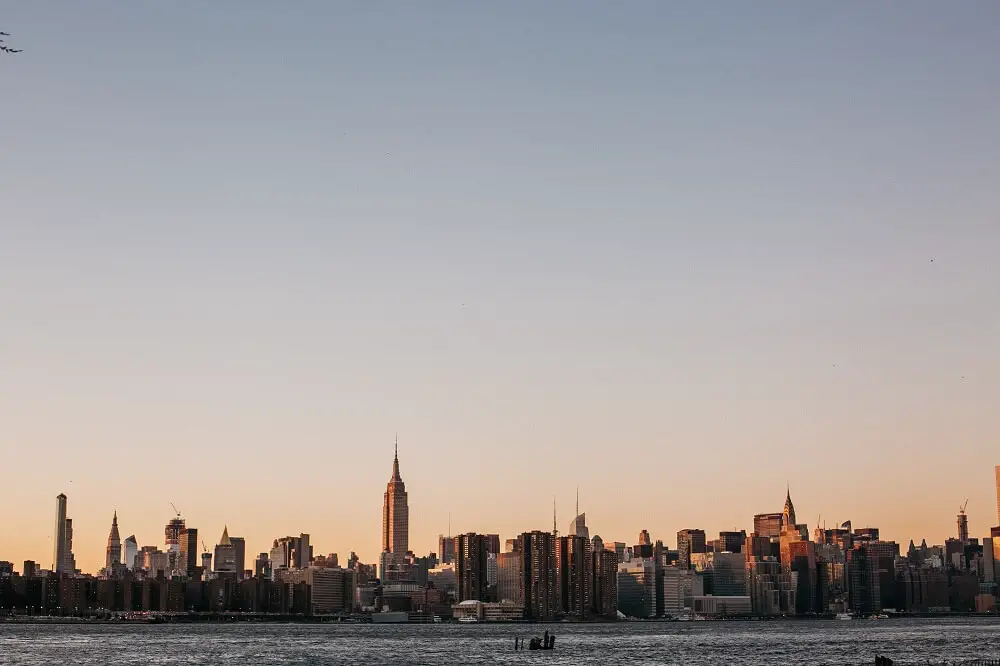
First on our list of contenders for our list of potential capital cities of the world is New York City, USA. The ‘Big Apple’, while not the capital of its own country, is nevertheless more than a candidate for the capital city of the world thanks to its massive size and considerable global influence.
At the forefront of its candidacy is New York’s role as an economic powerhouse. The bustling streets of Manhattan house Wall Street, an iconic symbol of global financial markets. This financial nucleus is home to the biggest multinational corporations, investment giants, and major banks, collectively shaping the trajectory of the world economy.
Indeed, New York is also at the hub of all things diplomacy. Nestled along the East River, the United Nations Headquarters stands as a beacon of international cooperation. The city frequently hosts pivotal global summits, dialogues, and negotiations, serving as a platform for addressing pressing worldwide challenges.
And, New York’s influence extends seamlessly into the realm of media and communication. The city is a commanding presence on the global media stage, housing leading media conglomerates that wield considerable sway over the dissemination of information and the shaping of public opinion, both through traditional print and modern digital platforms.
The city’s commitment to education and innovation, meanwhile, is underscored by its concentration of prestigious universities and cutting-edge research institutions. Academics and researchers from around the globe flock to New York, fueling advancements in a diverse array of fields and disciplines.
And, notably, New York has been a cradle of Cultural Exchanges and Movements that reverberate globally. From the influential Harlem Renaissance to pioneering LGBTQ+ rights advocacy, the city has been an epicentre of transformative social and cultural shifts.
London, United Kingdom
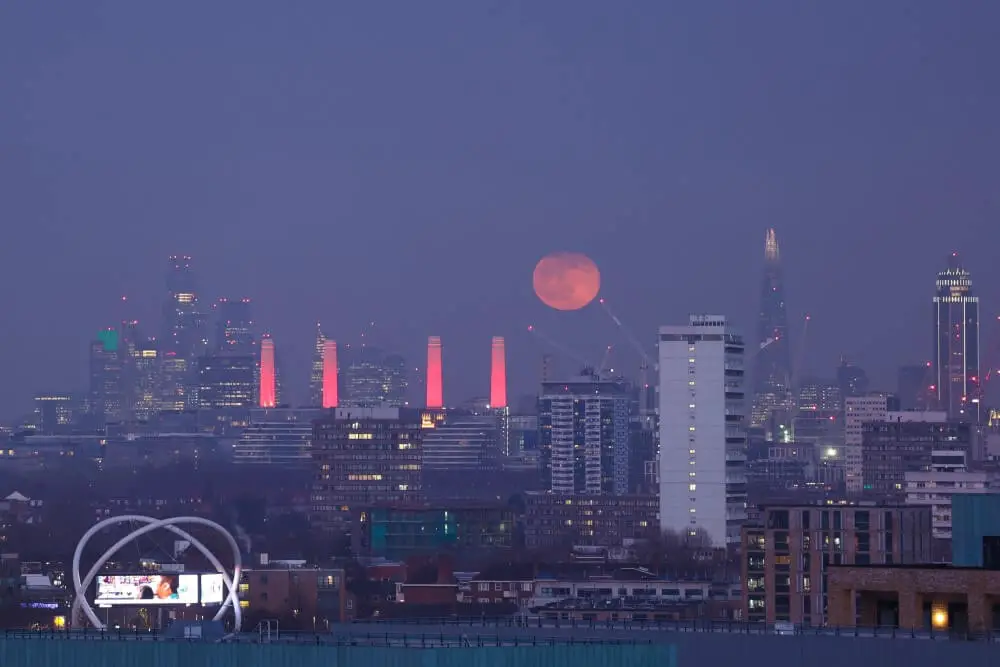
London’s bid for the mantle of ‘capital of the world’ is founded upon a dynamic combination of historical significance, economic prominence, and global influence.
Central to its candidacy is London’s rich historical legacy. With the city’s origins tracing back centuries, it has been a pivotal player in shaping world history. Iconic landmarks, such as the Tower of London, Buckingham Palace, and the Houses of Parliament, stand as testaments to a storied past that has left an indelible mark on global culture.
Equally, economic dominance is a hallmark of London’s global standing. As the richest city in Europe, the city functions as a critical hub for international finance, boasting the robust financial district known as the City of London. Major financial institutions, including the Bank of England, contribute to London’s role as a financial epicentre, influencing markets and economies worldwide.
Another major characteristic of London is its societal diversity. The city’s population represents a tapestry of cultures, languages, and traditions from across the globe, and this variety has engendered a dynamic arts scene, making London a focal point for theatre, literature, music, art, and cuisine.
Meanwhile, the city’s status as a major diplomatic hub is without question. London is home to influential international organisations and think tanks contributing to global policy discussions. For instance, Amnesty International, the Commonwealth of Nations and the International Maritime Organisation all call the city home.
Additionally, London’s entrepreneurial spirit is evident in its thriving startup ecosystem and tech clusters. This culture of innovation fosters the development of groundbreaking technologies and business ventures, propelling London to the forefront of global innovation.
Paris, France
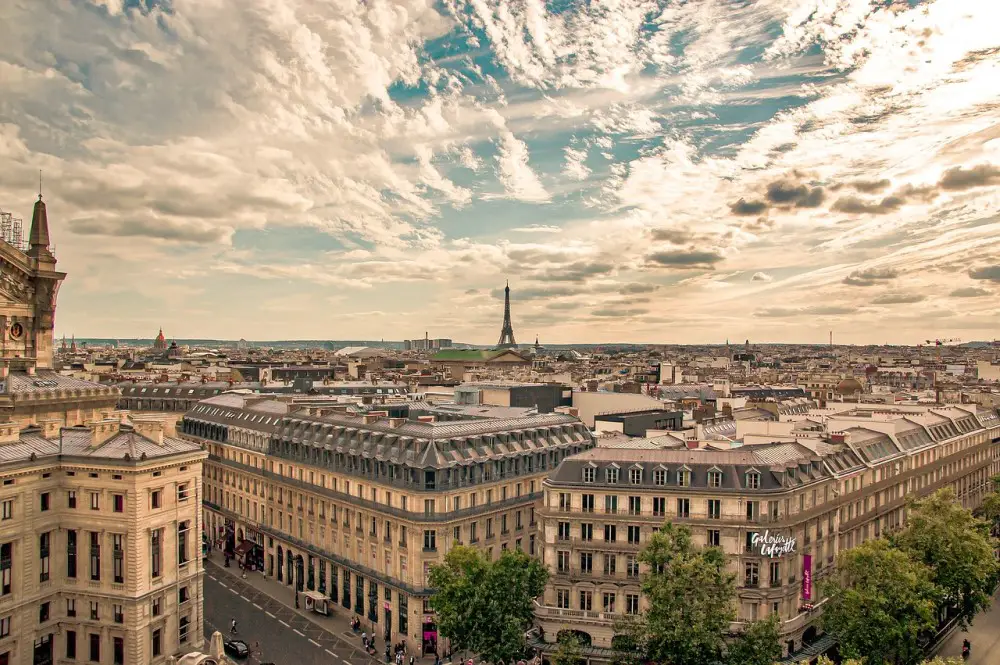
Paris, otherwise known as the ‘City of Light’, is another compelling candidate for the title of capital of the world. This is on account of its grand history, cultural allure, and global impact.
The city’s extraordinary cultural heritage, for one, lies not just with the city’s iconic landmarks, such as the Eiffel Tower and the Louvre Museum, but also in its rich artistic and intellectual past. From Monet to the Musée D’Orsay, there are not many cities in the world that can match its creative legacy.
In an economic sense, Paris is a prominent hub for commerce, finance, and luxury goods. Its thriving business districts and upscale boutiques underscore its role as a key player in the global economy.
Additionally, as a centre of diplomacy and international relations, Paris boasts a history of hosting pivotal global negotiations and agreements. The city’s historical role in shaping international treaties, exemplified by the Treaty of Versailles, cements its status as a diplomatic crossroads.
And, Paris’ role as a catalyst for social and political change cannot be overlooked. From the French Revolution to the 2015 Paris Agreement, the city has witnessed historic moments of protest, advocacy, and societal transformation that have reverberated beyond its borders.
Tokyo, Japan
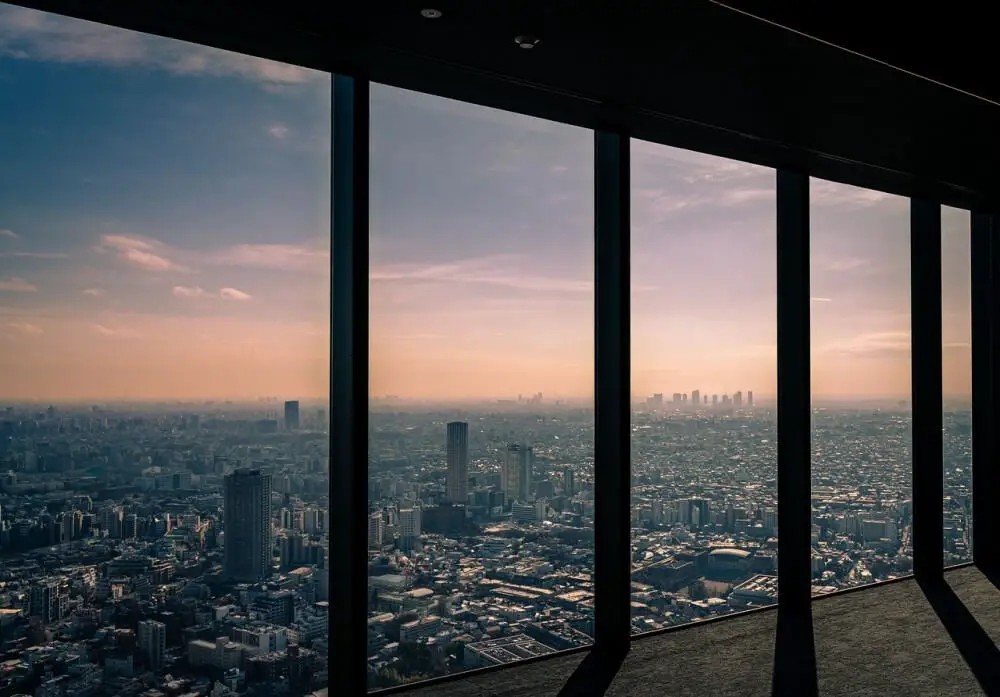
Next on our list of potential candidates for the world’s capital city is the biggest city of them all: Tokyo, Japan. This megalopolis presents a vibrant mix of tradition and modernity, and is firmly among the world’s most important urban centres.
One of Tokyo’s defining features for this list is its technological innovation. The city stands as a global leader in scientific advancement, housing high-tech industries, digital infrastructure and a culture of innovation that continuously shapes the world’s technological landscape.
Indeed, the city reflects Japan’s vast cultural richness, with the city boasting traditional arts, modern entertainment, and avant-garde creativity in a plentiful manner. It has undoubtedly influenced many global trends in fashion, art, pop culture, and design.
Perhaps Tokyo’s biggest global export is its media and entertainment, with the city’s anime, film, and music industries garnering international acclaim. This has made Tokyo a creative powerhouse and a focal point for global pop culture.
Meanwhile, as a financial hub and the richest city in Asia, it houses a robust stock exchange, multinational corporations, and major financial institutions that wield considerable influence over the global economy. These major corporations include Toyota, Sony and Toshiba.
What’s more, its efficient use of urban infrastructure exemplifies its forward-thinking approach to city planning and sustainability. The city’s advanced transportation systems, efficient public services, and eco-friendly initiatives contribute to its reputation as a model for modern urban living.
Beijing, China
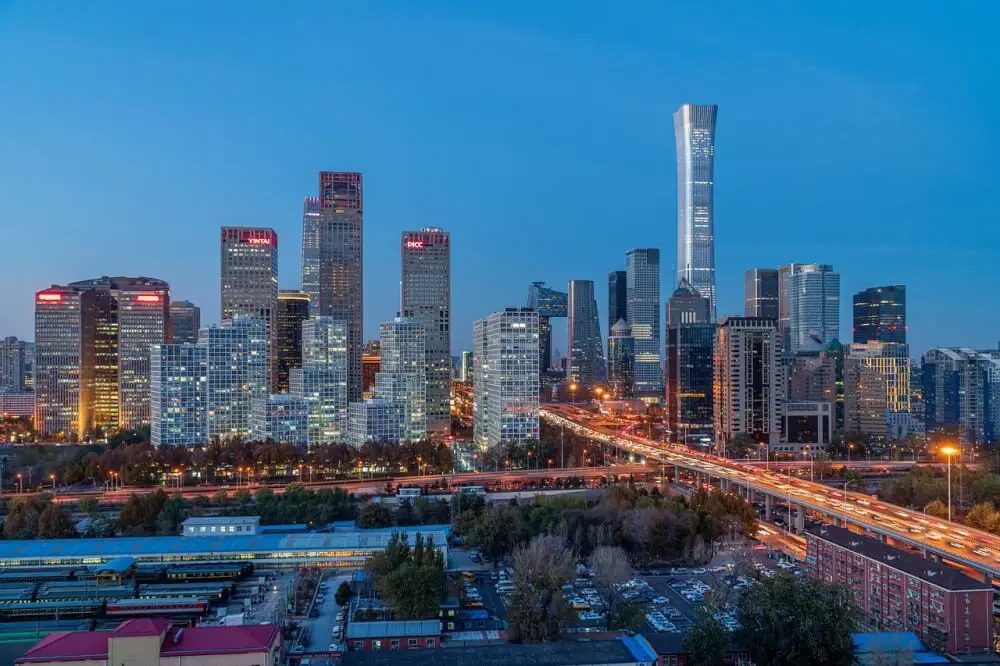
Last but not least on our list of potential capital cities of the world is Beijing, capital of China. Steeped in rich history and subject to rapid modernisation since the late 20th Century, it has now become one of the true global commercial centres.
Historical significance is deeply embedded in Beijing’s identity. The city has served as the cultural and political heart of China for centuries, with iconic landmarks like the Forbidden City and the Great Wall reflecting its enduring historical legacy.
Just as central to the city’s global standing is its economic power. The city is a renowned hub for international trade, investment, and technological innovation, hosting major Chinese corporations like Air China, PetroChina and the Agricultural Bank of China.
Beijing’s diplomatic and political influence is evident through its role as the capital of the People’s Republic of China. The city hosts major international conferences and summits, serving as a platform for diplomatic negotiations and global cooperation.
Meanwhile, the city’s innovation and technological advancement thrive in Beijing’s tech corridors and research parks. The city’s commitment to scientific progress and innovation has led to breakthroughs that have global implications.
The Verdict: What is the capital city of the world?
While the ‘capital of the world’ is a subjective question with no one clear answer, it’s hard to rule out New York City as being a particularly strong contender. The city stands out as the compelling choice based on numerous factors.
These factors include, but are not restricted to, its iconic status as a financial powerhouse, cultural melting pot, and position as a diplomatic epicentre. Put simply, New York is a city of unparalleled global stature, and a place where all cultures of the world can come together and make the important decisions needed in a world capital.
Although cities like London, Tokyo, Paris and Beijing are all world-leading to some degree in their own right, it’s hard to put it past New York as the city that ticks every box.
That’s it for our run-down of potential capital cities of the world. While the actual choice of which city will be capital may never have to be made, it’s still worth celebrating the great urban centres that span the globe.
For more compilations, building news and architectural discussion, take a look at our latest articles, including our exploration of 10+ bridges that open for boats.
Or, for more general building-related definitions and guides, check out our selection of building wikis, including our assessment of what is meant by the term urbanist.
Last Updated on 18 August 2023 by Michael
